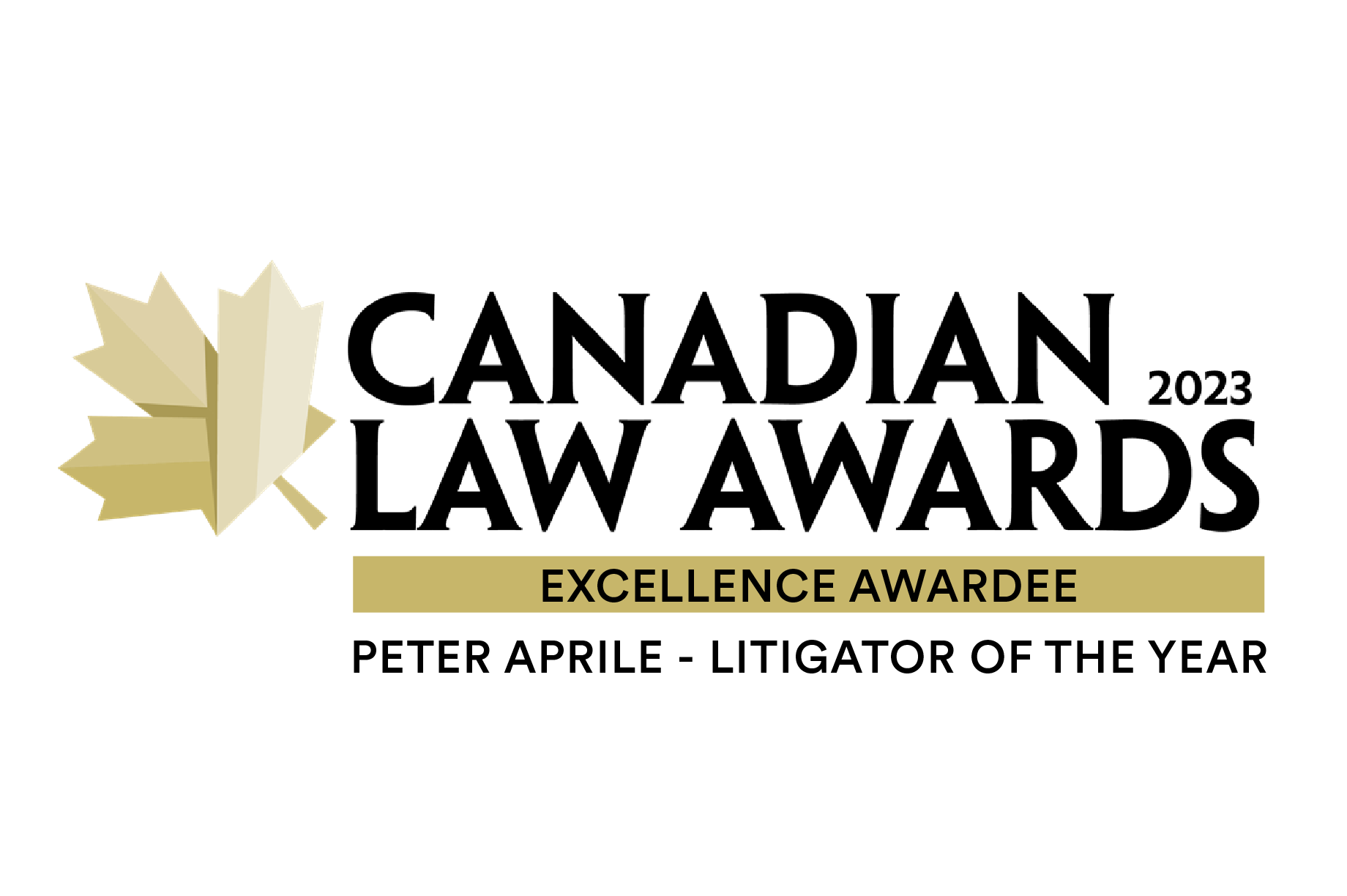
Resolving Tax Disputes (3rd edition) studies tax disputes, conflict levels, and basic strategies. It helps accountants to limit early-stage mistakes and reduce liability.
One of the chapters in RTD3 is about audits and how to handle them. It provides valuable tips to help you navigate the audit process. We’ve included some excerpts from that chapter in this article.
The CRA is not bound by the information a taxpayer supplies on their tax return. Subsection 152(7) of the ITA permits the CRA to assess tax payable using information from their own records.
Indirect Determinations of Income
If a taxpayer fails to file a return, the CRA frequently makes what is known as an “arbitrary assessment” based on an estimate of income. Where an auditor suspects that the taxpayer may have unreported income, an indirect determination may be used to estimate income from the taxpayer’s lifestyle and assets.
Two of the most common methods of indirect determinations of income are bank deposit analyses and net worth assessments.
Bank Deposit Analyses
The bank deposit analysis theory is based on the logic that the taxpayer’s income is equal to the amount of money deposited into their, or its, bank account. The auditor will request bank statements from the relevant financial institutions and add all deposits to calculate income. If there is a discrepancy between this estimate and the taxpayer’s reported income, the auditor will assume there was unreported income.
Auditors will usually remove any transactions that are clearly non-taxable, such as transfers between accounts or loans, but rarely go to any great lengths to verify the actual nature of the deposits. The taxpayer then bears the burden of establishing which deposits were in fact non-taxable. Even a taxpayer with good records will struggle to remember and substantiate every deposit. As such, these types of assessments routinely overinflate tax liability and are difficult to challenge.
If your client receives an assessment based on a bank deposit analysis, it is worth investing time in a detailed review of the auditor’s calculations and logic, because the auditor often makes errors, which can help demonstrate the unreliability of the figures underlying the assessment. It is important to provide consistent and rational explanations for the non-taxable deposits to strengthen the taxpayer’s credibility in the event this proceeds to appeal.
_AquaBlueFlat.jpg?width=4000&height=1771&name=CounterBlogPattern(2)_AquaBlueFlat.jpg)
Net Worth Assessments
A net worth assessment is like a bank deposit analysis but focuses on expenditures rather than deposits. The Federal Court of Appeal has described net worth assessments as a crude and imprecise approximation method and they are looked upon with disfavour.1
Essentially, the auditor will calculate the approximate net worth of the taxpayer as of the December 31 before the audit period and then for December 31 for each audit year. The taxpayer’s income is estimated from the increase in net worth and living expenditures each year, less any non-taxable deposits. Living expenditures will either be estimated based upon data from Statistics Canada or from the taxpayer’s own expense information.
In some cases, a bank statement analysis is incorporated into a net worth assessment by valuing all withdrawals from the accounts as either asset purchases (over $1,000) or living expenses (under $1,000).
Taxpayers can challenge net worth assessments several ways:
Demonstrate That The Taxpayer Has Sufficient Records
If the taxpayer has sufficient books and records to determine their income, then you may be able to argue against an indirect determination because the taxpayer has provided the auditor with enough information to prove the taxpayer’s figures. This will only be successful if the taxpayer can also offer a reasonable explanation for any discrepancy between the net worth calculation and their reported income.
Increase The Base Year Net Worth Value
A high base net worth as of December 31 of the year prior to the audit years will reduce the subsequent increases in net worth and so reduce the taxable income assessed. The auditor’s asset valuations should be reviewed, and you will want to ensure all assets have been included in the calculations.
_AquaBlueFlat.jpg?width=4000&height=1771&name=CounterBlogPattern(2)_AquaBlueFlat.jpg)
Reduce Subsequent Net Worth Values
Any increase in net worth is presumed to be from taxable income, so you will want to properly calculate the value of any additions to net worth and ensure that you correctly include all liabilities. If the auditor has estimated assets from bank withdrawals over a certain limit, then you will want to go through the withdrawals and confirm whether any are asset purchases or if you can demonstrate another purpose, such as a transfer between accounts.
Reduce Living Expenses
If the CRA has used Statistics Canada to estimate living expenses, you can challenge this by providing the client’s own estimate of living expenses in the audit period. This could include providing copies of lease agreements, utility bills, and other documentation to estimate costs of living. If the CRA has utilized the bank withdrawal amounts, you will need to attempt to identify any withdrawals that were not related to living expenses. This can be tedious, but time spent at this stage will reduce the expenses involved in any subsequent appeal.
Identify Non-Taxable Income
The auditor will not undertake extensive efforts to include any non-taxable income. You should ensure that items such as gifts, transfers, gambling winnings, inheritances, and government benefits are included as non-taxable items and ask your client to identify all possible non-taxable sources. It can help to have your client go through their bank statements to identify the source of all deposits to highlight non-taxable income.
Citations
1 See Hsu v. R, 2001 FCA 240, at paragraph 31.

.jpg?width=120&name=Counter%20Tax%20Litigators%20Logo%20Stacked%20(MidnightBlue%20on%20White).jpg)













.png?width=400&height=400&name=CT-How_Can_We_Help-22_july_NewGraphic_b(small).png)

.png?width=1386&height=1224&name=2025%20Legal500%20Elite%20Boutique%20Award%20(Badge).png)
.png?width=1386&height=1224&name=ITR%20Finalist%20Practice%20Leader%20of%20Year%20Peter%20Aprile%202024%20(Badge).png)
.png?width=1386&height=1224&name=2025%20Legal500%20Leading%20Firm%20Client%20Satisfaction%20Award%20(Badge).png)





.png?width=1386&height=1224&name=ITR%20Tax%20Innovator%20Finalist%202024%20Award%20(Badge).png)
